However, after more than a decade, contrary to expectations, these two projects have become "typical" examples of waste in public investment.
The Government Inspectorate's announcement of the inspection conclusion and transfer of the case file showing signs of law violations at the Bach Mai Hospital 2 new construction investment project and the Viet Duc Friendship Hospital 2 new construction investment project in Ha Nam province to the Ministry of Public Security for consideration, investigation and handling in accordance with the law, marks a fundamental shift: from "detection" to "handling", from warning to action. But more importantly, it affirms: Fighting waste as well as fighting corruption, there are no forbidden zones.
1. Remember, at the group discussion session at the National Assembly on the afternoon of October 26, 2024, General Secretary To Lam raised the question: "People asked but could not answer. Everyone said that land was gold, precious, worth a lot of money, but after decades it was still covered with grass, so who is responsible?" and directly named 2 public hospitals invested by the State but still abandoned to this day.
“Who is responsible?” This question not only emphasizes the people’s supreme supervisory role, but also emphasizes the leadership viewpoint of the Party and State: Waste is an act that causes real damage and must be strictly handled according to the law.
Next, at the 27th meeting of the Central Steering Committee on Anti-Corruption, Wastefulness and Negativity (December 31, 2024), General Secretary To Lam requested to conduct an inspection of the above two projects.
The guiding viewpoint is very clear: If waste occurs, someone must be held responsible; waste is no longer an unintentional mistake, but an act that shows signs of constituting a crime, causing damage to the country, undermining people's trust and breaking budget discipline. This act cannot be simply learned from or reprimanded internally, but must be handled by law, by Party discipline and by political responsibility.
Implementing the direction of the General Secretary, the Government Inspectorate has inspected the Bach Mai Hospital's second facility construction investment project and the Viet Duc Friendship Hospital's second facility construction investment project and has concluded that more than VND 1,200 billion was wasted in these two projects due to delays in putting them into use and violations in the investment, procurement, and capital allocation process. The inspection conclusion also clearly pointed out the responsibility of the Minister and Deputy Minister of Health assigned to be in charge of the two projects in each period related to violations and mistakes due to lack of inspection, supervision, and lax management.
According to the latest update, the Ministry of Public Security has received the dossier and investigated the Investment Project to build a new facility 2 of Bach Mai Hospital and the Investment Project to build a new facility 2 of Viet Duc Friendship Hospital, which started construction at the end of 2014 in Ha Nam province, with the Management Board of Key Health Projects (Ministry of Health) as the investor; violations of relevant groups and individuals will be clarified and strictly handled according to the provisions of law. However, it is worth pondering that without the General Secretary's strong direction, would those figures have been brought to light?
The two projects above are a “typical” example. Reality shows that there are many unfinished projects, projects with budget overruns, projects with delays lasting for decades, many projects that are completed but not in operation… all have the same “denominator”: Lax management, lack of supervision and unclear who is responsible.
2. Returning to the above two hospital projects, according to the conclusion of the Government Inspectorate, there were systematic violations, the later violations were caused by the previous violations; there were subjective factors occurring in almost all stages, from investment preparation to investment implementation; approval of policies and plans for contractor selection; organization of bidding; selection, signing and implementation of bidding packages... From here, we can identify the shortcomings in public investment management: That is the lack of responsibility, lack of inspection and supervision from the competent authority when the situation of lack of coordination and prolonged suspension of implementation is allowed without any effective solutions. The incident also shows that there is laxity in the supervision of investment capital...
The story of waste seen from the two “abandoned projects” in Ha Nam is no longer an internal affair of a sector but a story about discipline, the strictness of the law and the political determination of the Party and the State. Fighting waste cannot be considered a “lighter matter” than fighting corruption because unlike corrupt assets that can be recovered, waste is a loss that is difficult to recover. And more seriously, waste erodes the trust of society and eliminates resources for national development.
In that context, the close direction of the General Secretary and the Central Steering Committee on Anti-Corruption, Wastefulness and Negativity is a solid political support. The revision of the operating regulations, the addition of functions and tasks for anti-wastefulness at all levels; the review, removal of difficulties and obstacles, and handling of long-standing problems related to projects and works that are behind schedule and at risk of great loss and waste; the direction to consider and handle a number of cases causing great waste of the state budget, or the process of perfecting the legal system on public asset management... are extremely urgent tasks to immediately plug dangerous "loopholes".
Anti-waste, therefore, cannot be a movement, nor a slogan, but a political requirement, an order of action for each cadre, party member, each level, sector, agency, and unit.
From “detection” to “handling”, from recommendation to concrete action, our Party and State are rebuilding a public administration foundation based on integrity, discipline and transparency. If every violation is clarified, every responsibility is named, every budget is monitored to the end, there will be no waste or loss. And then, we will not only “build” works to serve the people and society, but also “build” discipline and an honest public administration apparatus, for the people and for businesses.
Source: https://hanoimoi.vn/buoc-chuyen-tu-phat-hien-den-xu-ly-lang-phi-698824.html


![[Photo] National Assembly Chairman Tran Thanh Man attends the summary of the organization of the Conference of the Executive Committee of the Francophone Parliamentary Union](https://vstatic.vietnam.vn/vietnam/resource/IMAGE/2025/4/15/fe022fef73d0431ab6cfc1570af598ac)
![[Photo] General Secretary To Lam meets with veteran revolutionary cadres, meritorious people, and exemplary policy families](https://vstatic.vietnam.vn/vietnam/resource/IMAGE/2025/4/15/7363ba75eb3c4a9e8241b65163176f63)

![[Photo] Welcoming ceremony for Prime Minister of the Federal Democratic Republic of Ethiopia Abiy Ahmed Ali and his wife](https://vstatic.vietnam.vn/vietnam/resource/IMAGE/2025/4/15/77c08dcbe52c42e2ac01c322fe86e78b)
![[Photo] Air Force actively practices for the April 30th celebration](https://vstatic.vietnam.vn/vietnam/resource/IMAGE/2025/4/15/16fdec3e42734691954b853c00a7ce01)
![[Photo] Ho Chi Minh City after 50 years of national reunification through buildings and symbols](https://vstatic.vietnam.vn/vietnam/resource/IMAGE/2025/4/15/a224d0b8e489457f889bdb1eee7fa7b4)
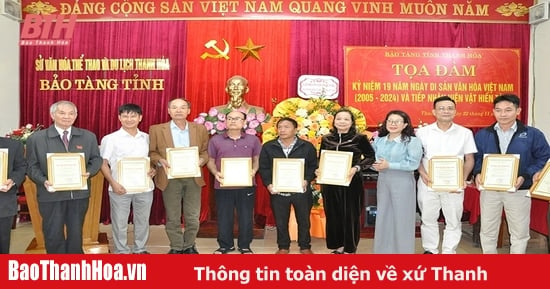
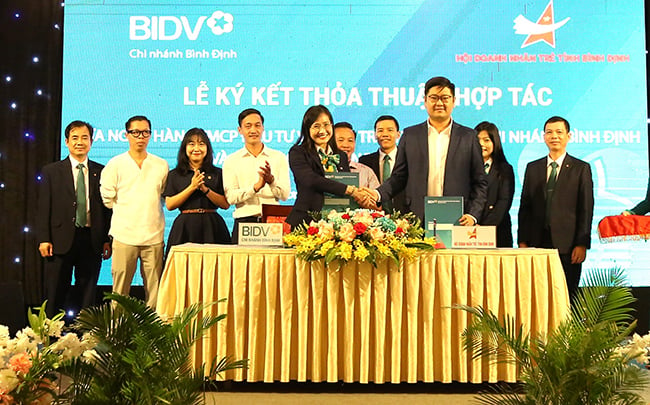
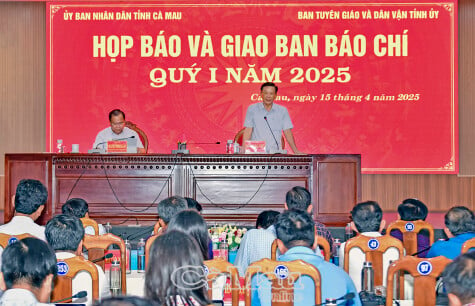
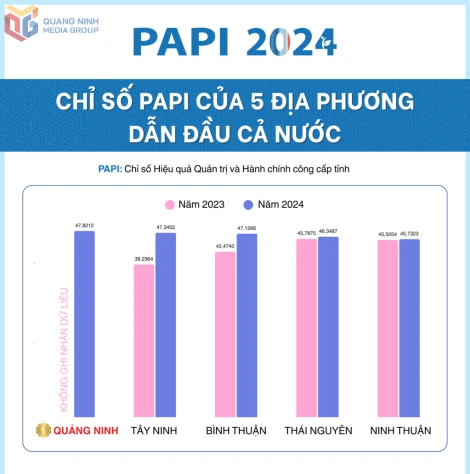
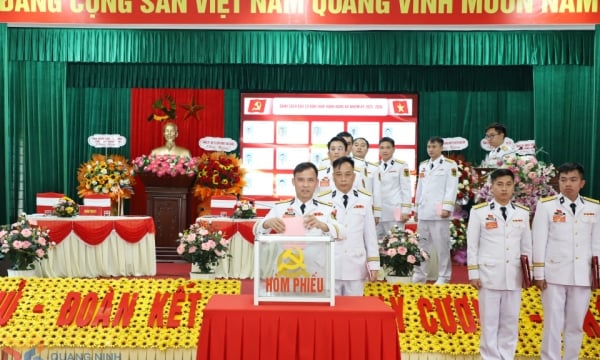





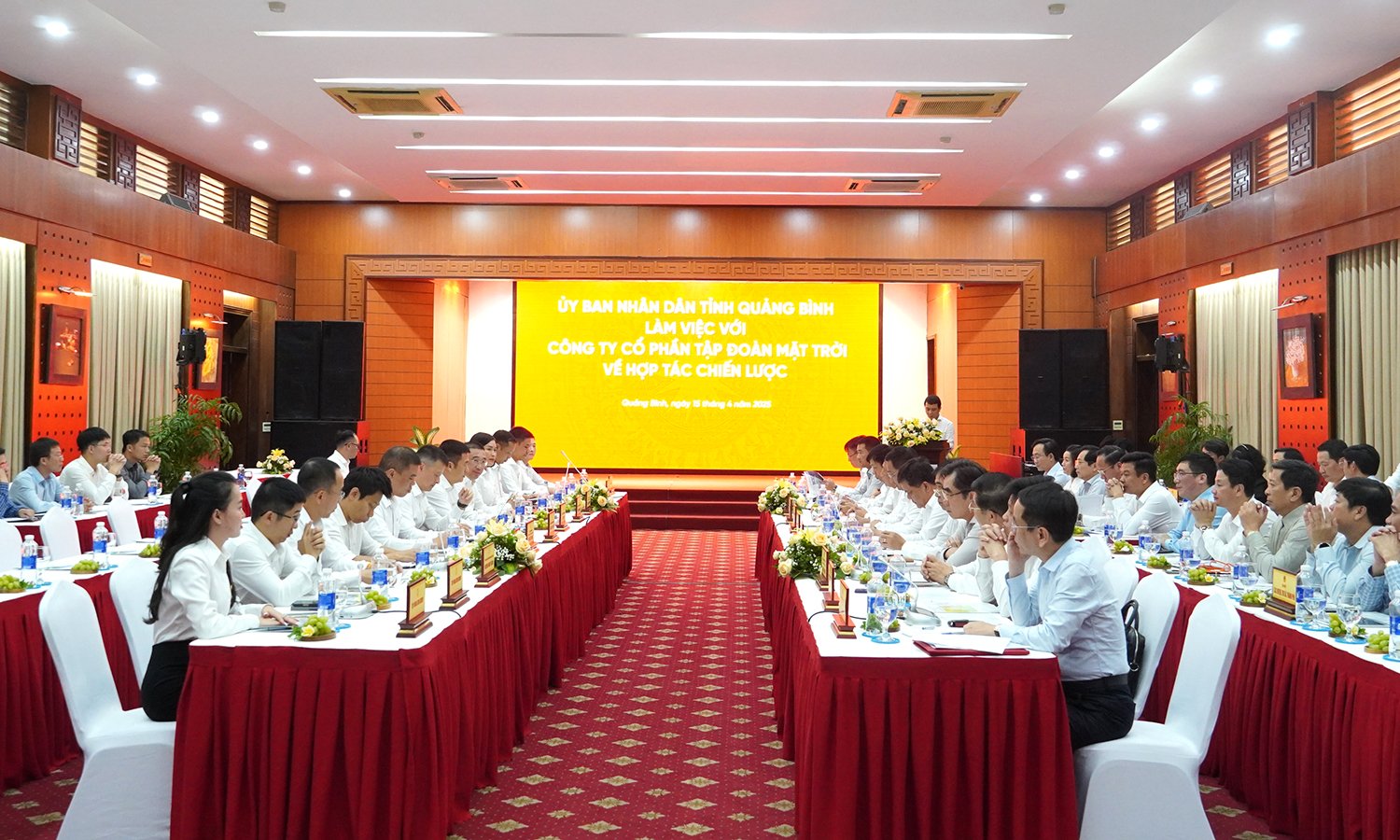
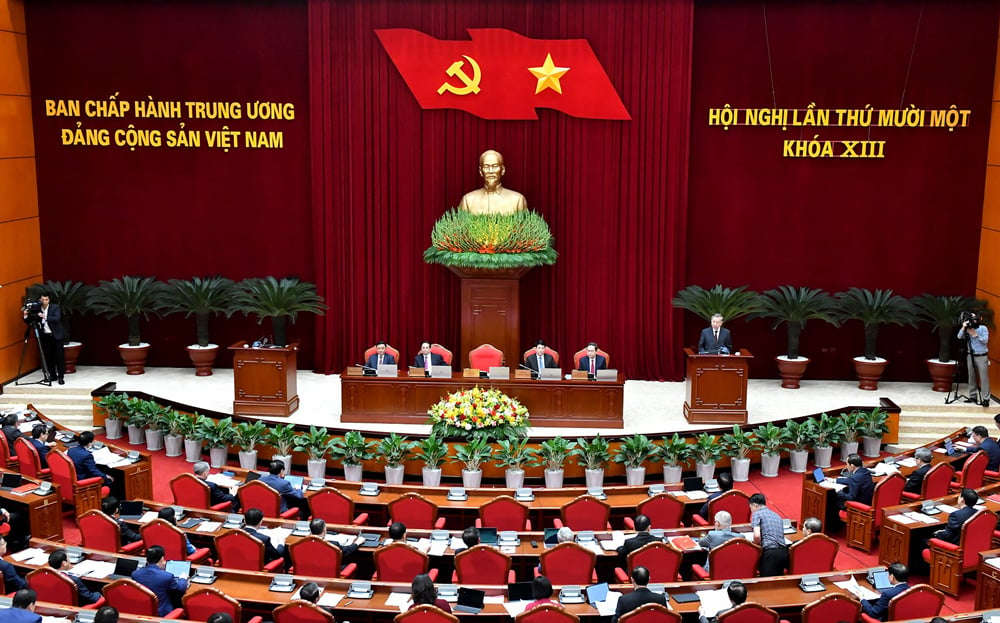
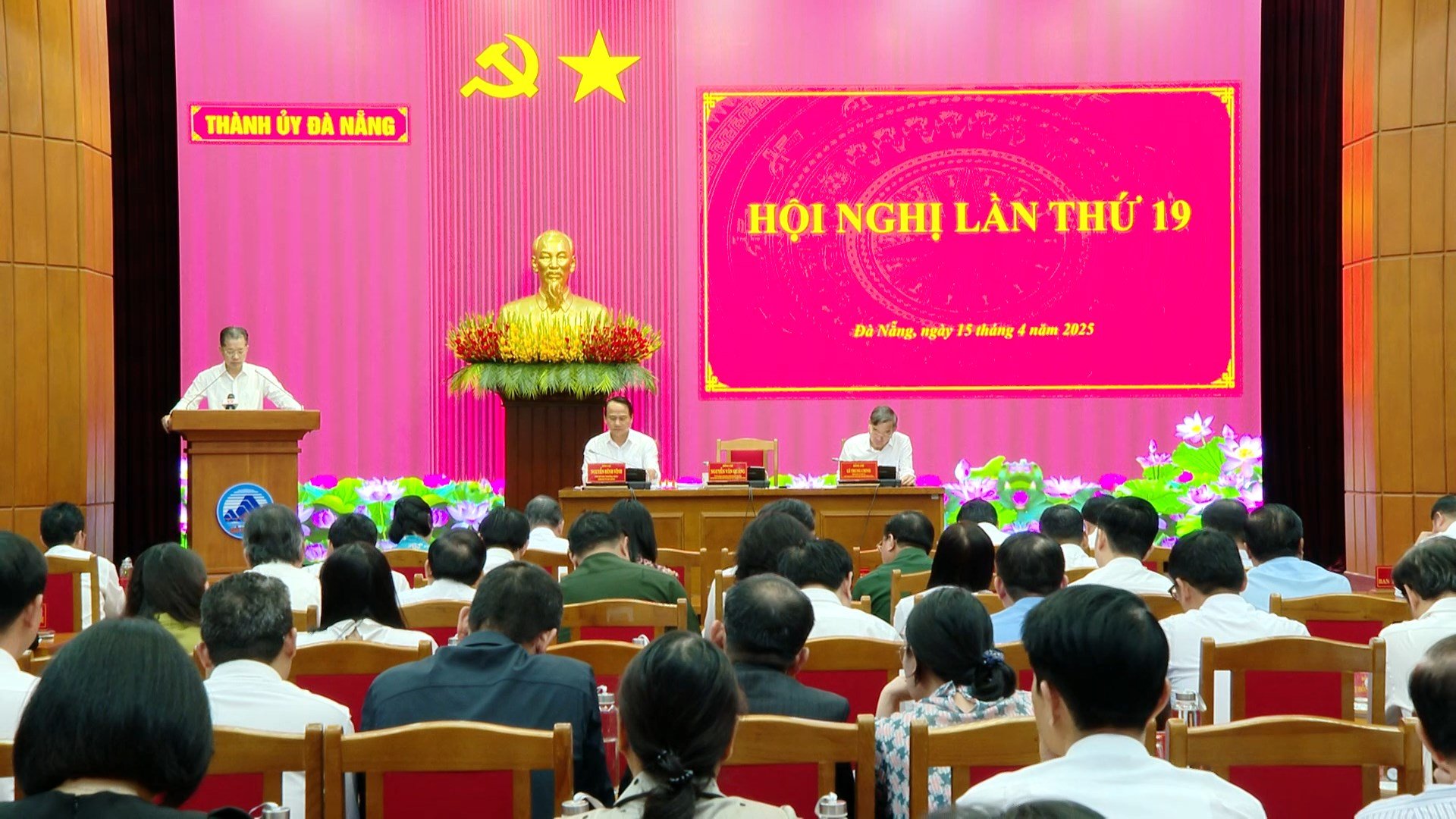

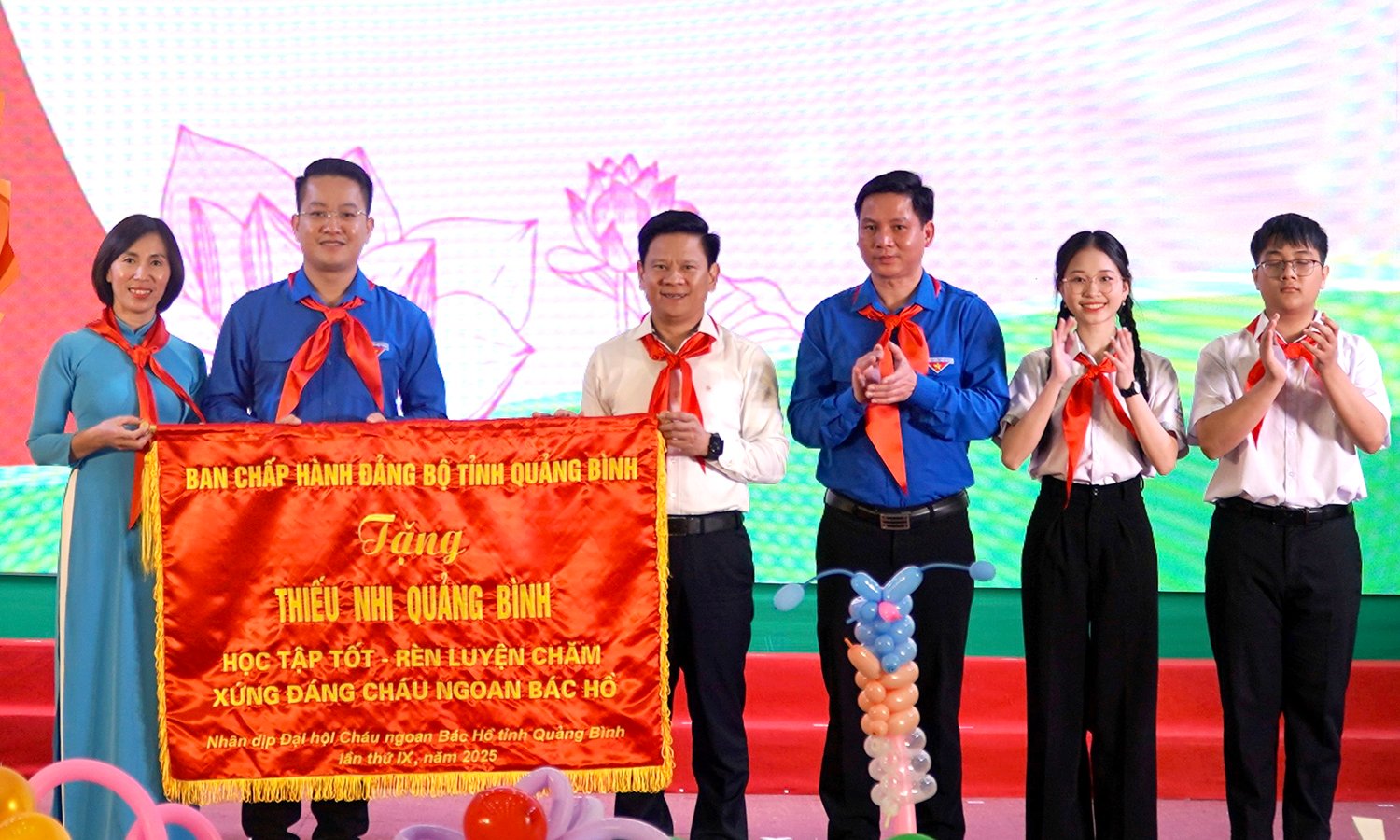
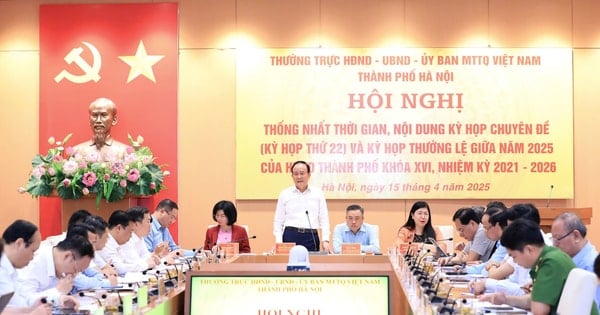
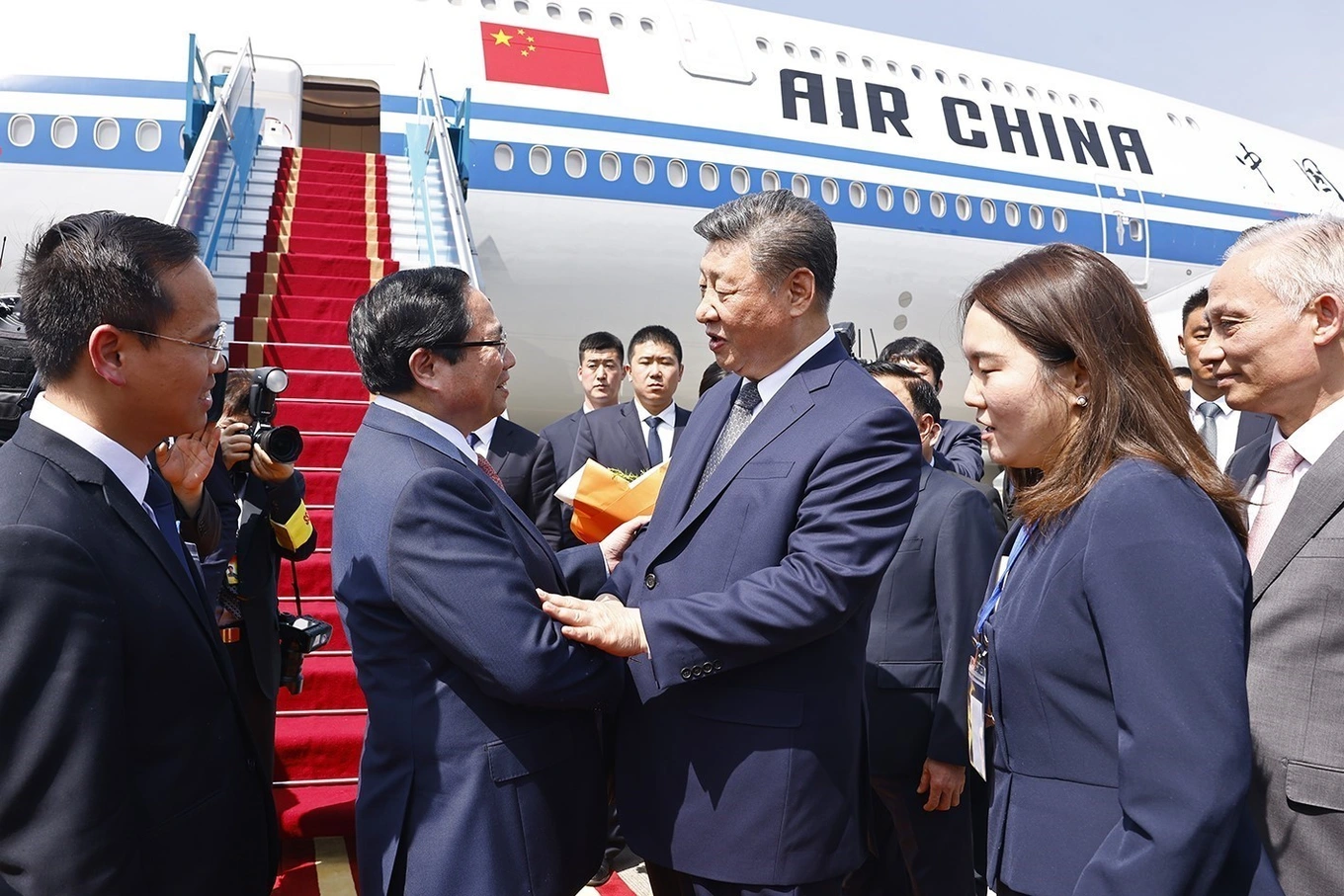







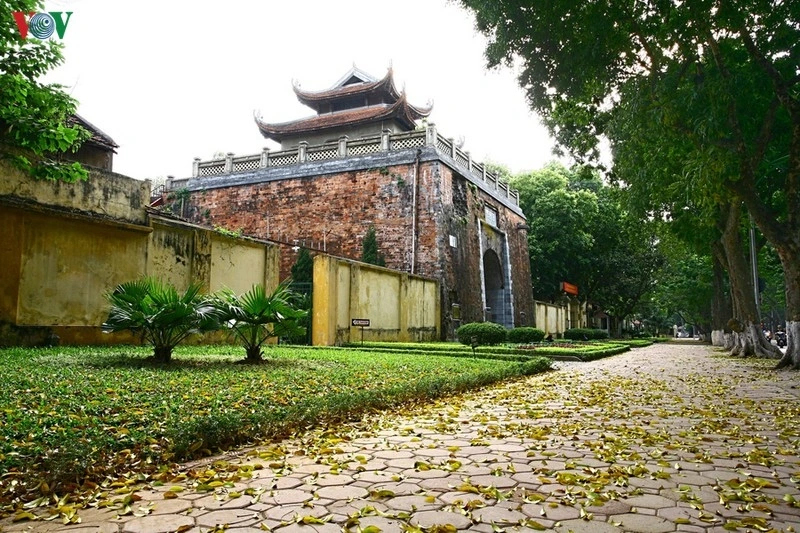
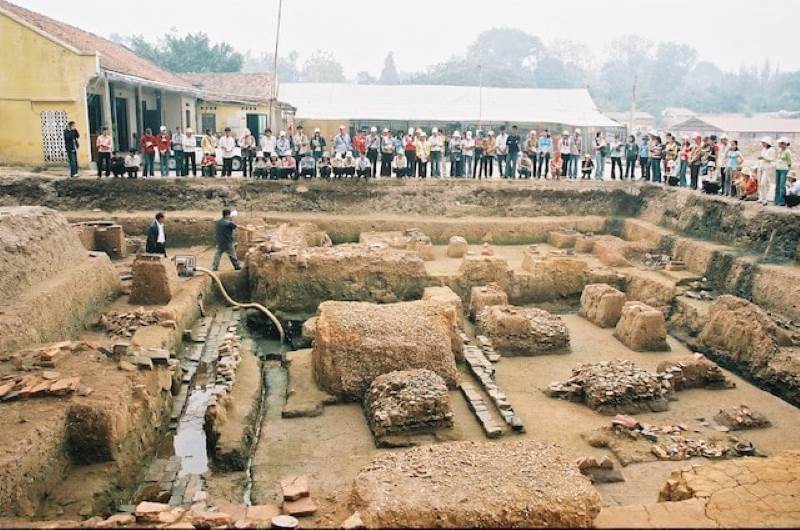

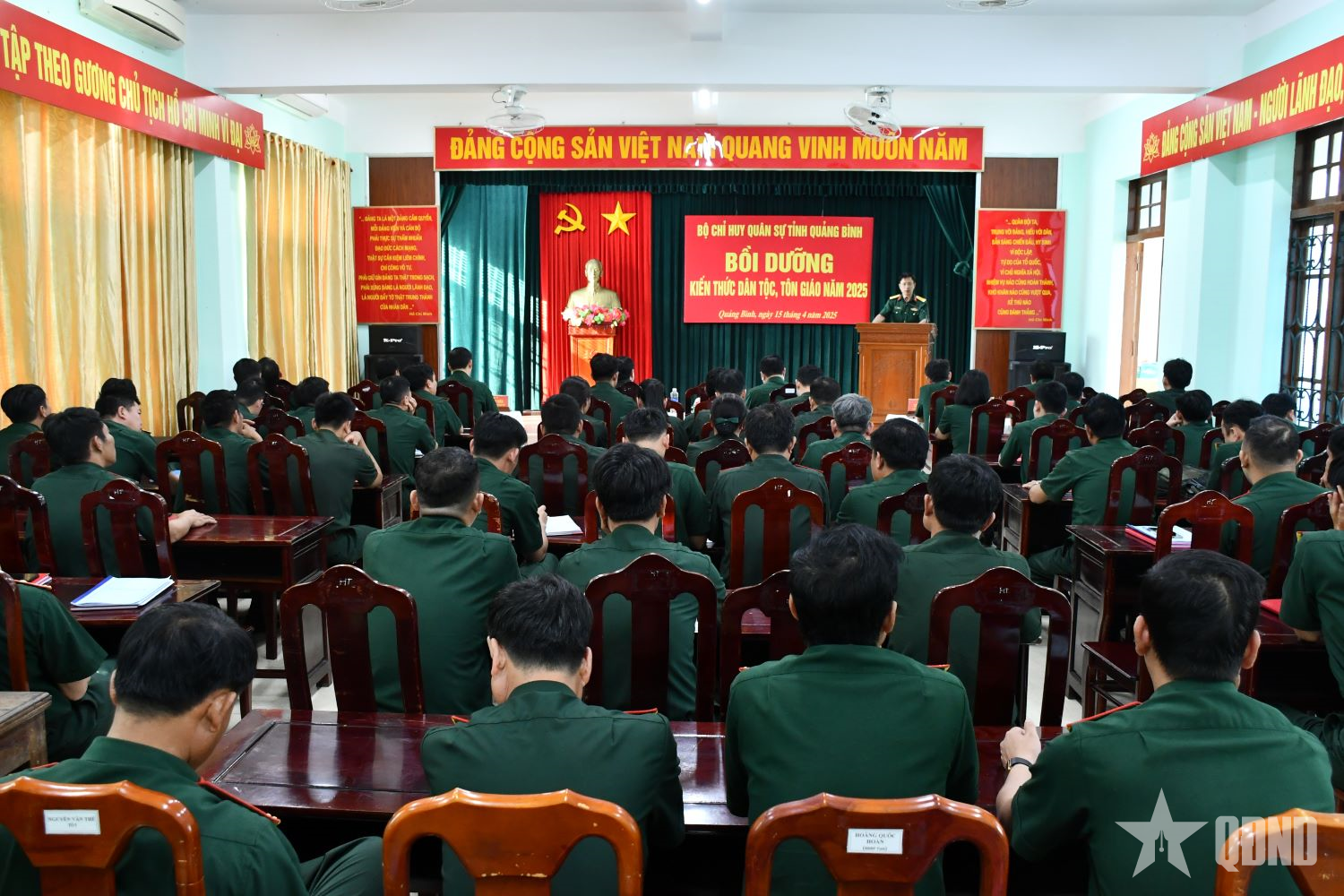



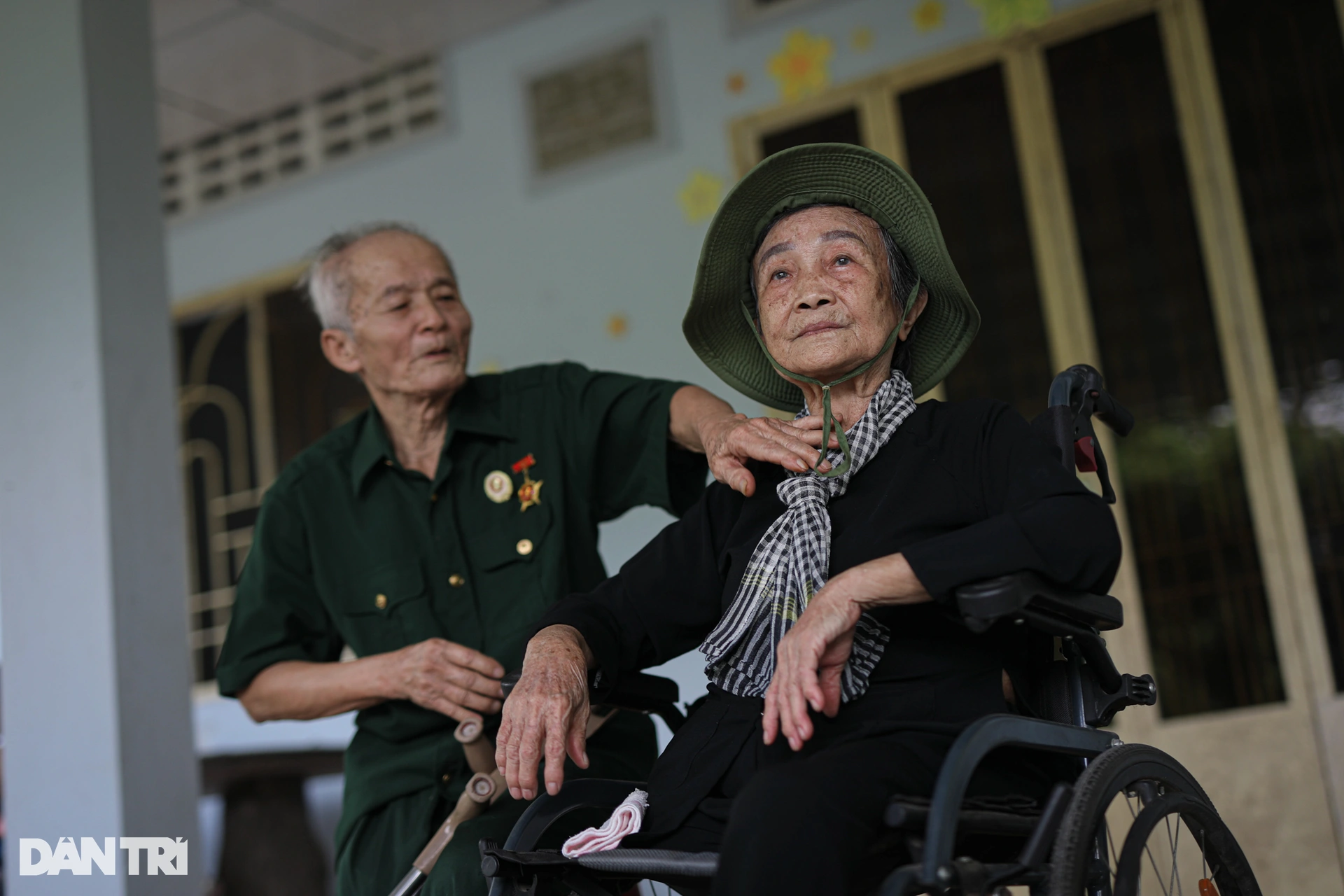

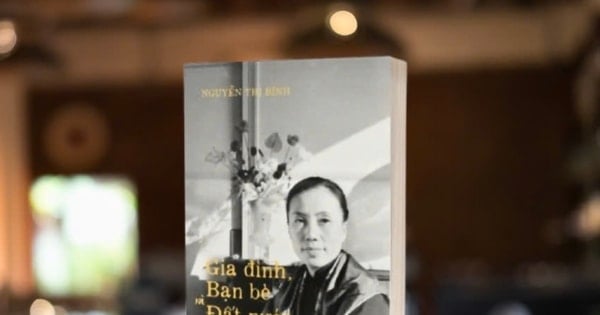


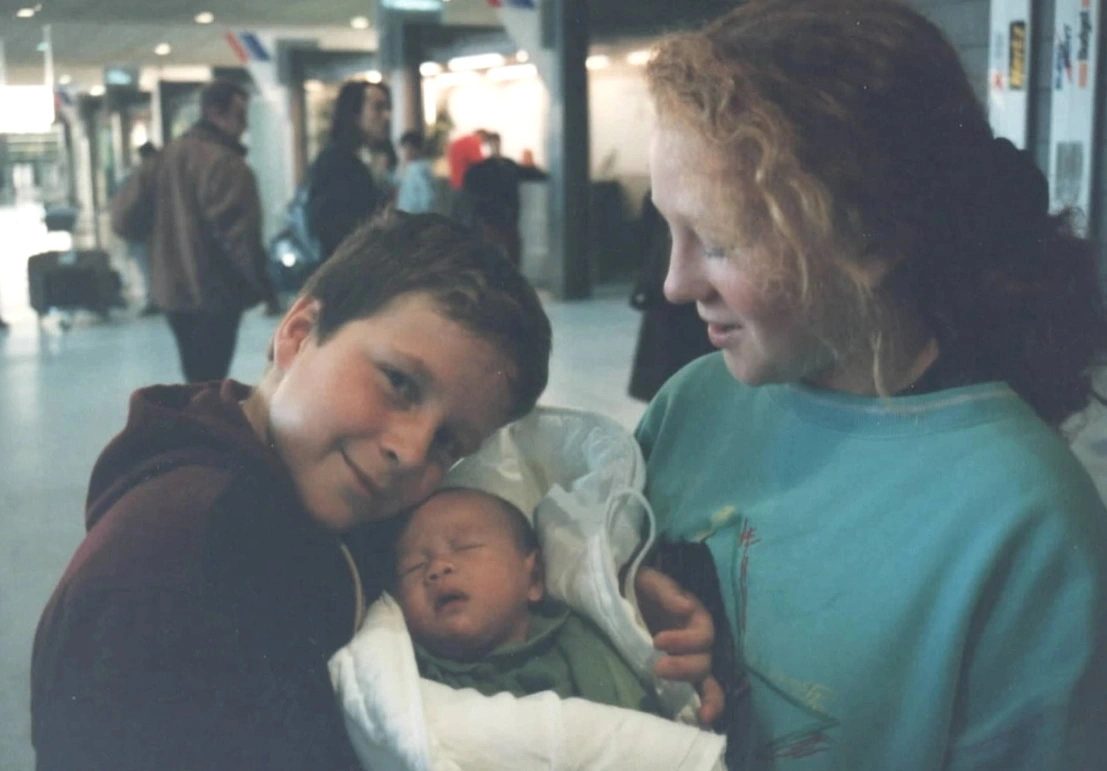




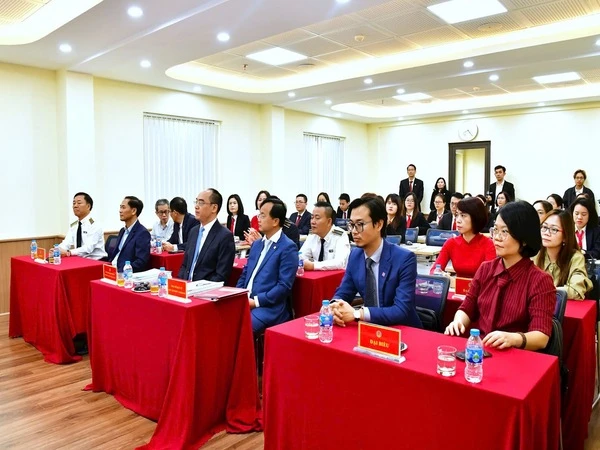



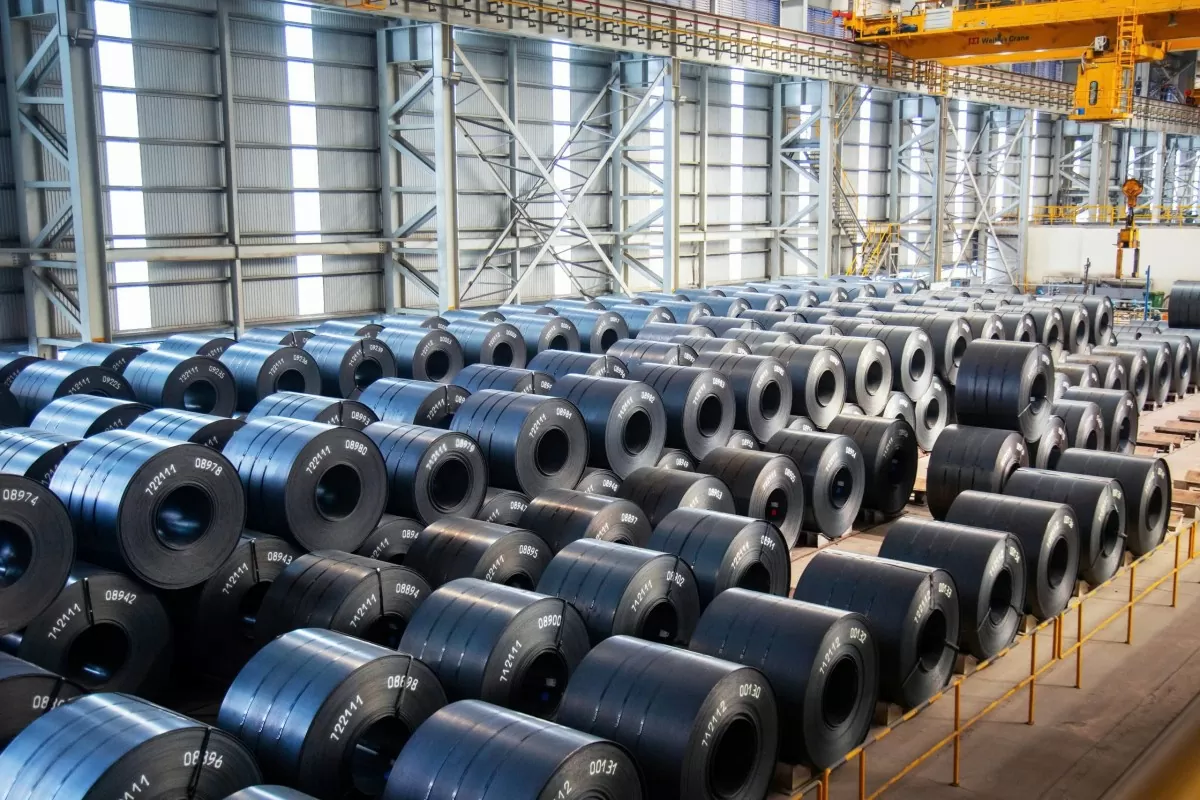







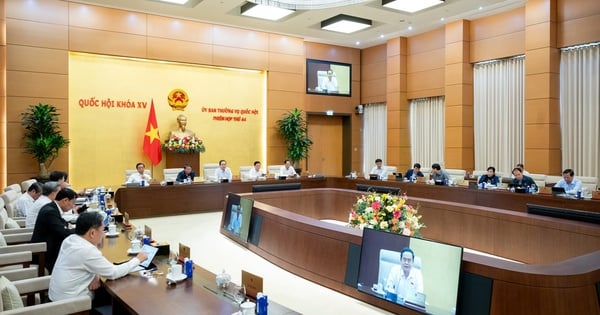

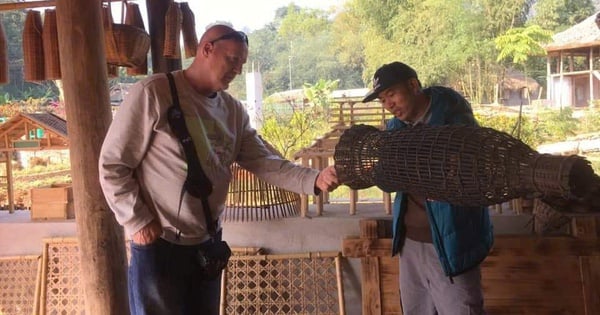

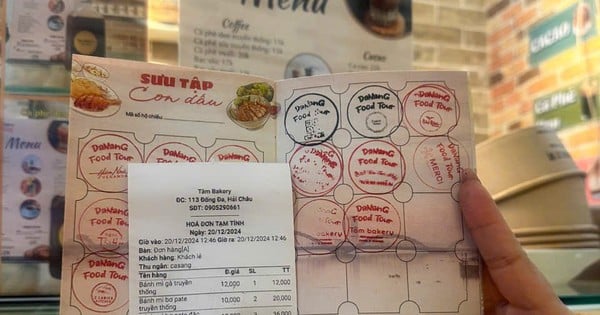
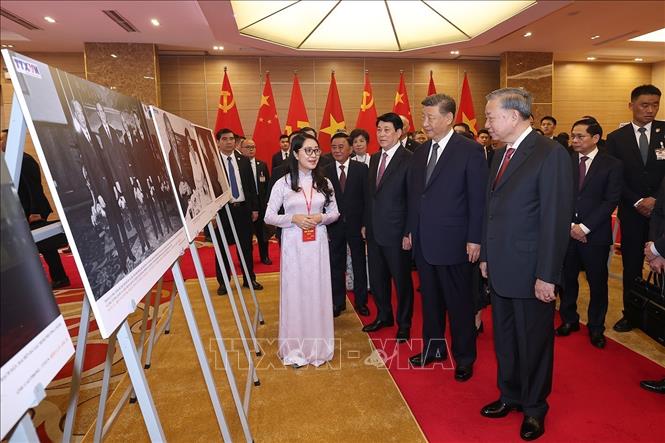

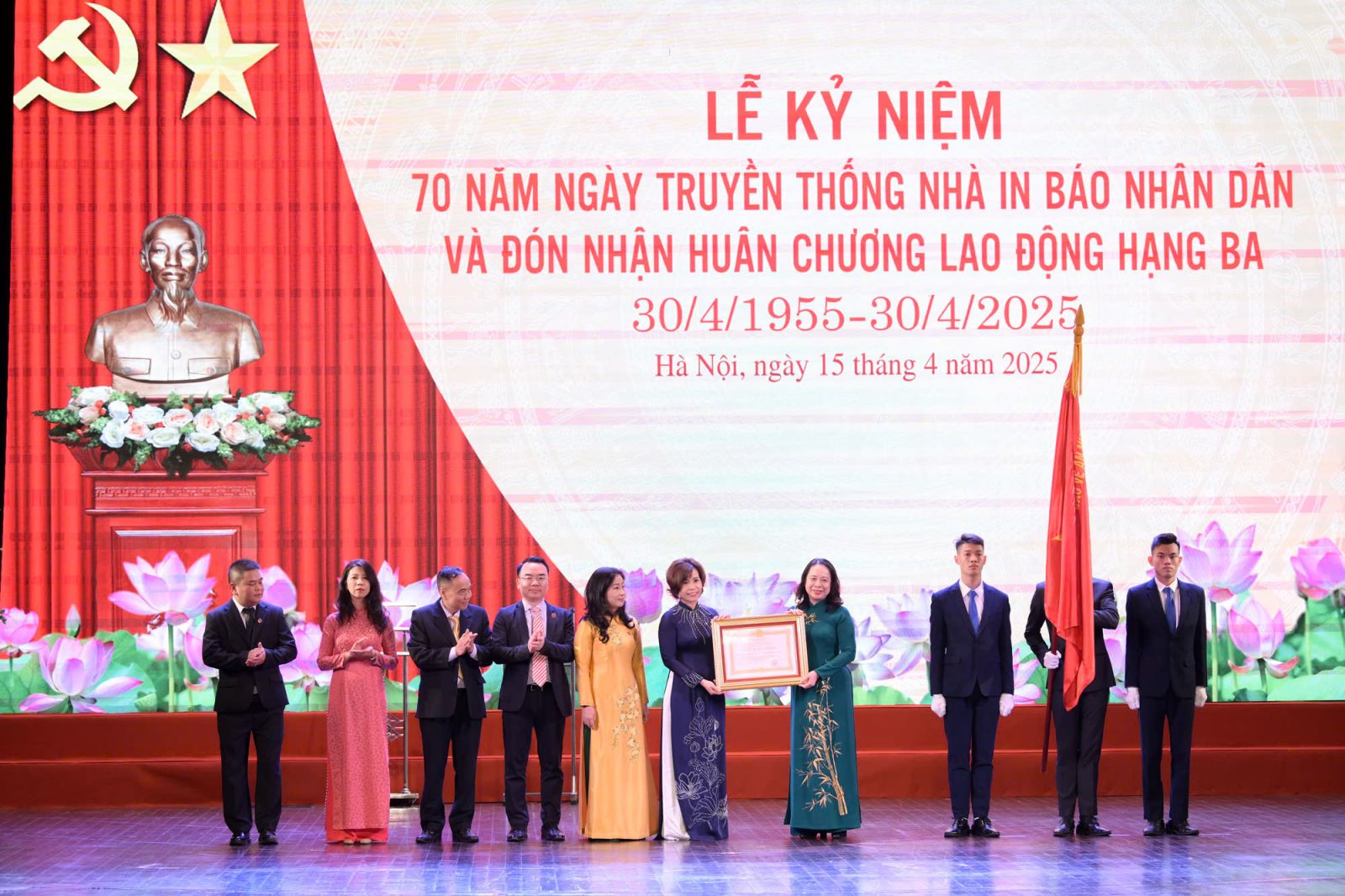



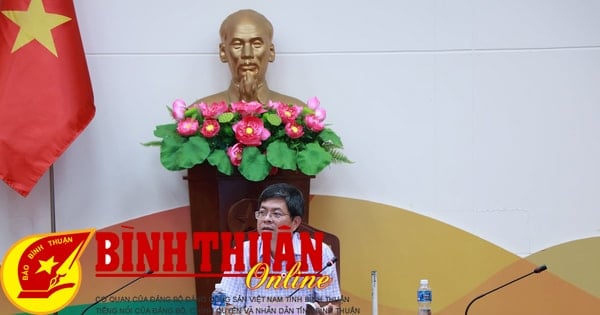


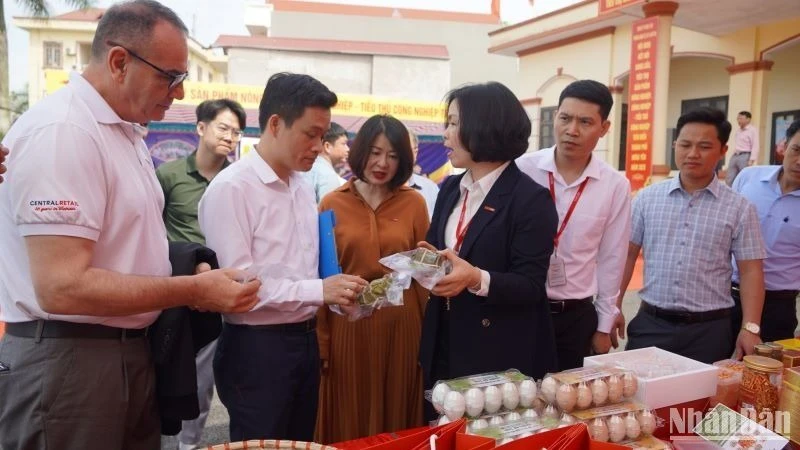


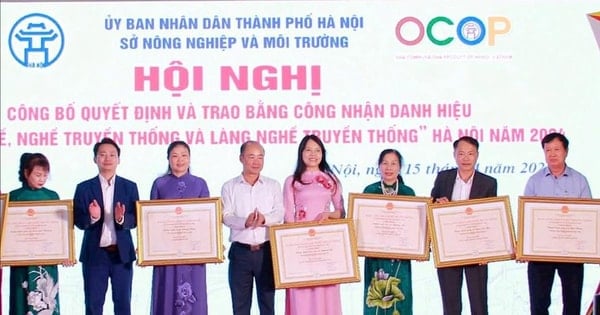


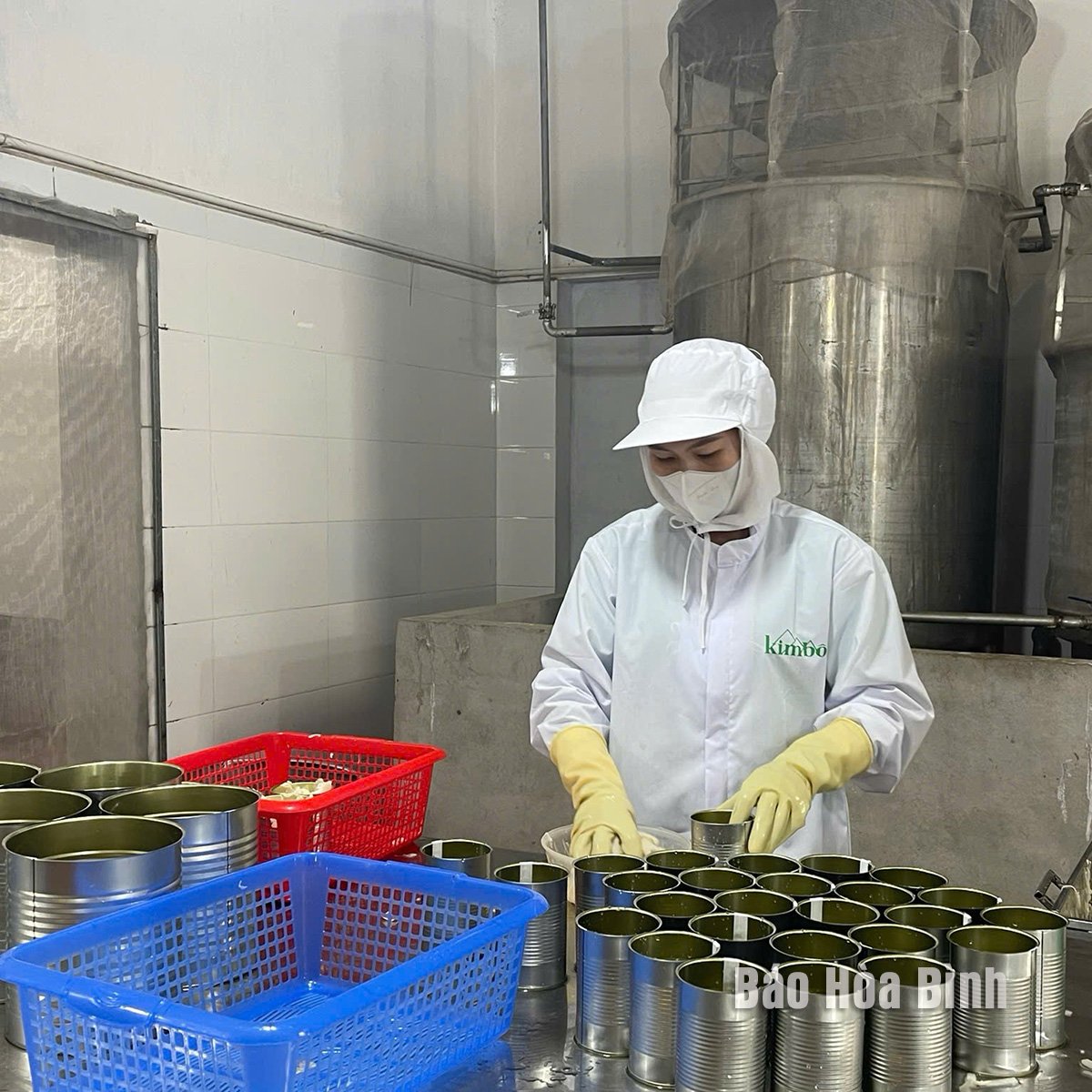

Comment (0)